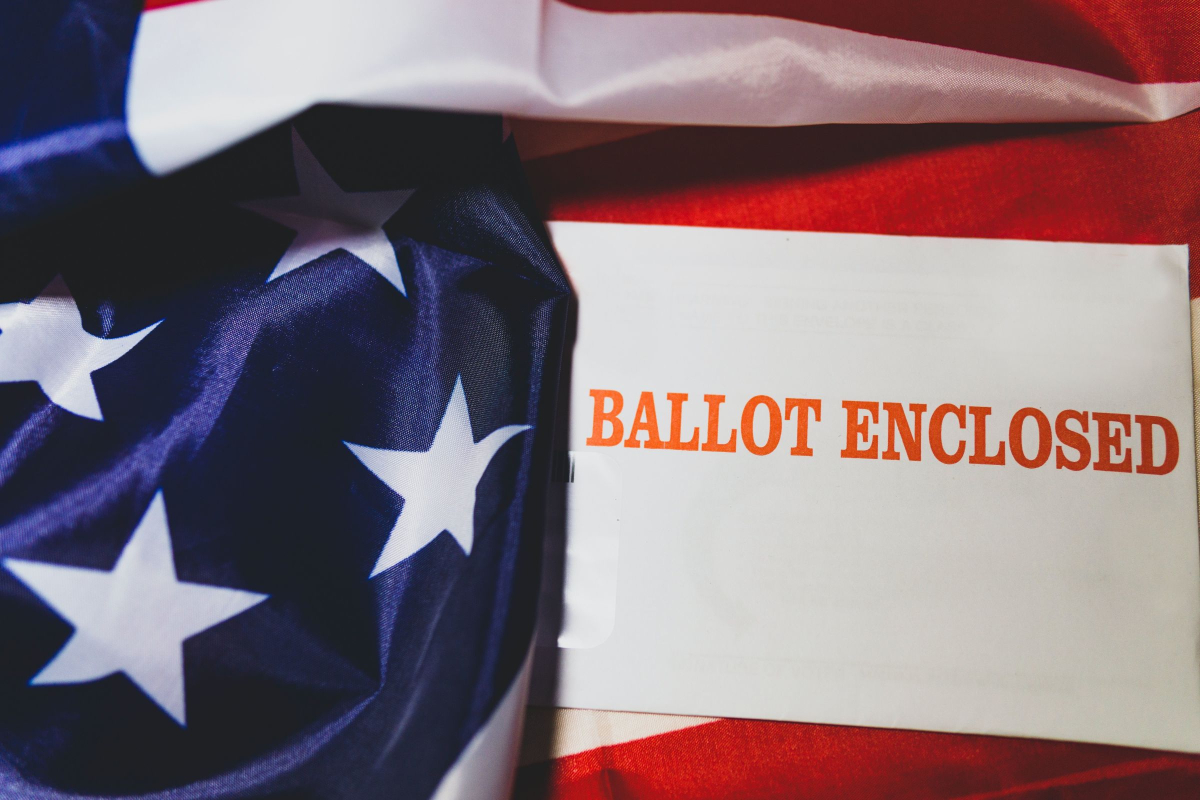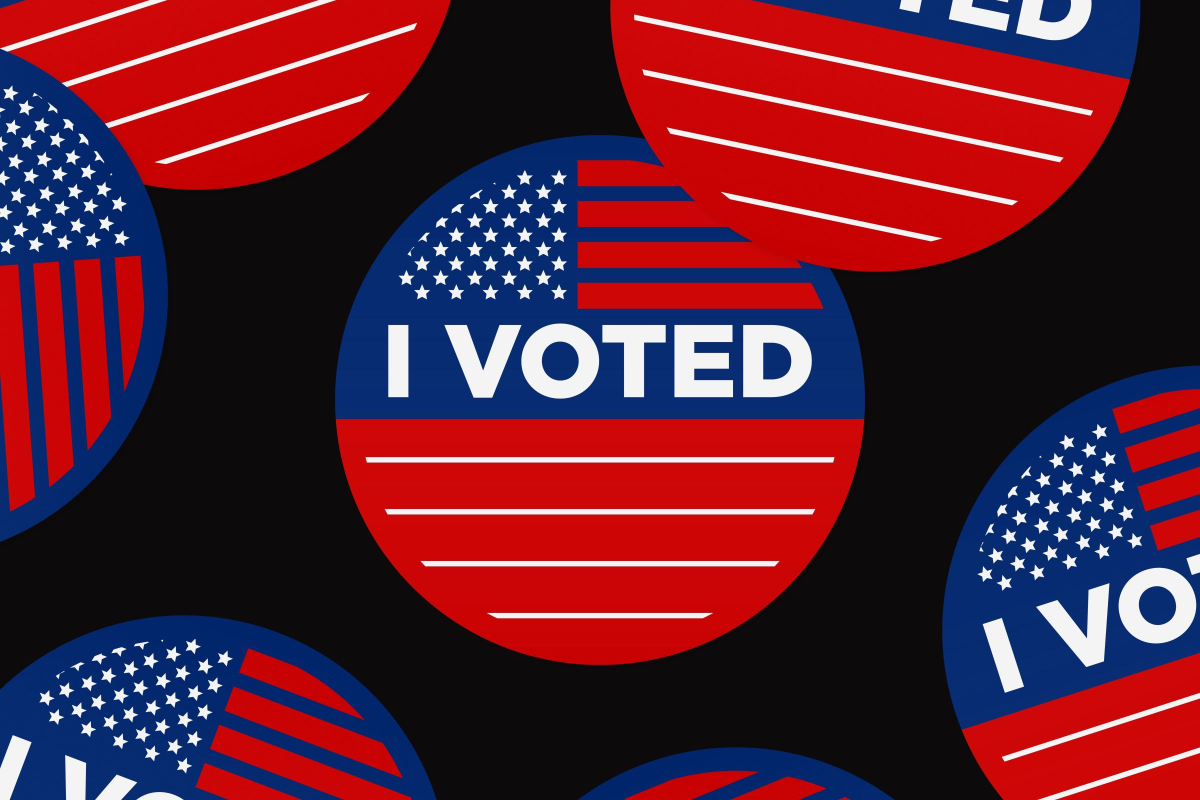The Hidden Danger of Secret Patent Lawsuits: A National Security Concern
Patent lawsuits can have hidden backers who stay anonymous, and this is becoming a big problem for national security. These secret funders can influence cases that protect important U.S. technology. For example, when a small company sues a big tech firm, it might be funded by a rival or even a foreign government. This creates a loophole that allows anonymous third parties to disrupt and weaken the U.S. tech sector without being detected.
U.S. patent laws currently let third-party funders stay hidden. This means anyone, even those who could pose a threat to national security, can invest in a lawsuit without revealing their identity. This makes it possible for adversaries to gain access to sensitive technology or to slow down technological advancements in the U.S.
There are many reasons why this is a huge issue for national security. First, critical technologies, like those used in defense and cybersecurity, can become vulnerable. If these technologies are tied up in lawsuits, it can slow down their development or even prevent them from being used by the military. Furthermore, if foreign governments or competitors can secretly back lawsuits, they could use this as a strategy to steal or weaken U.S. innovations.
Another concern is that small tech companies, which are often the targets of these lawsuits, don’t have the resources to defend themselves. This could lead to them being forced to settle or go out of business, making the U.S. tech landscape weaker.
The U.S. government needs to act quickly to fix this problem. One solution would be to require all third-party funders of patent lawsuits to be disclosed. This would help ensure that the real parties behind these lawsuits are identified and that no foreign adversary can manipulate the system to harm national interests.
Congress and the U.S. Patent and Trademark Office (USPTO) have the power to make these changes. By creating stricter rules around transparency and disclosure, they can protect U.S. companies and national security interests. This will also prevent the legal system from being abused by anonymous actors with harmful intentions.
In conclusion, secret funding of patent lawsuits is a serious threat to U.S. security. Without changes to the current laws, the U.S. could find itself in a vulnerable position. The government must step up and close this loophole to ensure that technology critical to national security is safeguarded and that the legal system is not used as a tool for hidden agendas.











